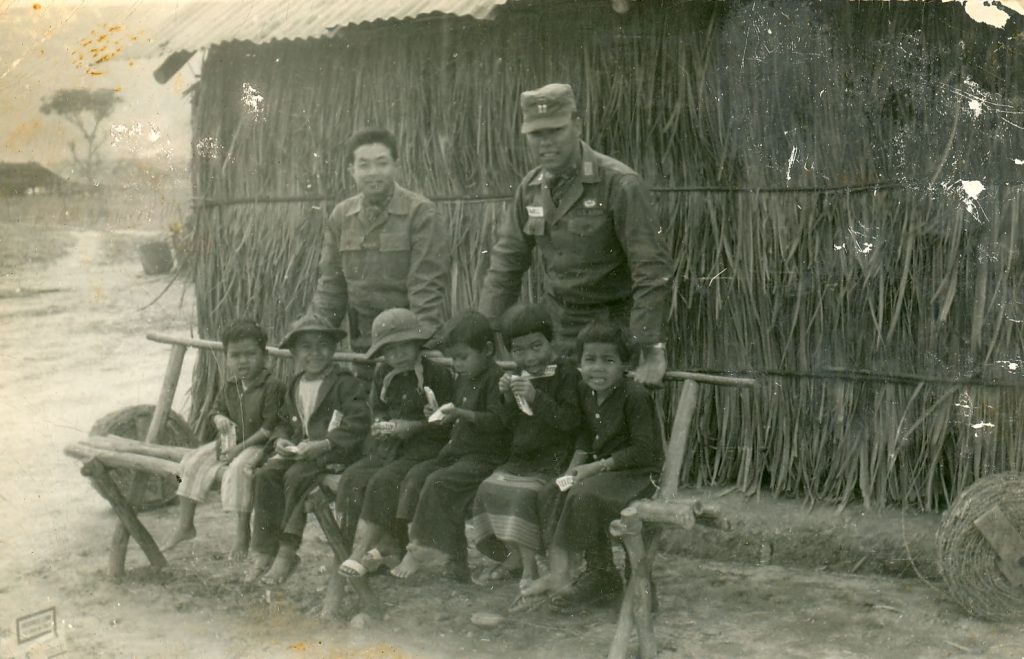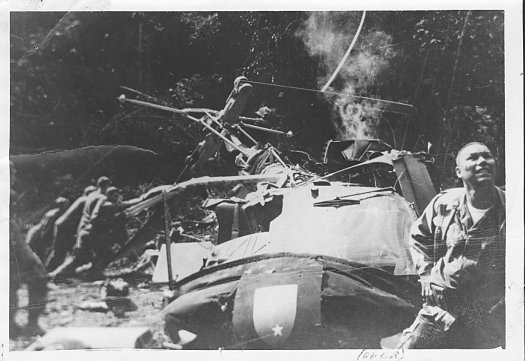In 2006, I was busy working on a new exhibit, Soul Soldiers: African Americans and the Vietnam Era. The exhibit would go on to win regional, statewide, and national awards and travel to seven American cities from 2008 to 2011. Soul Soldiers was seen by over 450,000 visitors to museums in Chicago, Richmond, Birmingham, Memphis, Cleveland, Dallas, and Philadelphia. It was recognized by the foreign media and press, including the BBC, and I was interviewed by a Vietnamese journalist. But one of the highlights of the project was a conversation I had with Vietnam veteran and retired Secretary of State Gen. Colin Powell.
I was able to gain contact with Powell through a Pittsburgh relative. He instructed me to call him, and I did. I was quite surprised that someone so busy with world affairs would take the time to talk to me about my request for photographs for an exhibit detailing his service during the Vietnam War. Although our conversation was brief, Powell told me he had instructed the National Defense University Library to provide me with images per my request. I was particularly interested in any images of Powell in Vietnam to be considered in the section of the exbibit named, “New Definitions of Patriotism.”
Alongside Powell’s Vietnam story would be the Muhammad Ali, Generals Frederic Davison, Daniel “Chappie” James, Philadelphia High Schooler Carl Johnson, and Pittsburgh’s Steve Price stories. The section was to demonstrate that there was a deeper definition of patriotism expressed by African Americans – regardless of the perspective of the war. In all, Powell provided 72 images that photo-documented his entire career.
Powell was a key figure in the Defense Department’s investigation of the Mỹ Lai massacre in 1968. And while my contact with Powell was framed around his military career, in particular Vietnam, most of his best-known accomplishments – National Security Advisor, Chairman of Joint Chiefs of Staff, and Secretary of State – all came after his Vietnam service.
Although his role in Vietnam as well as Secretary of State drew some criticism and controversy, his remained a significant American story of a soldier and diplomat. I don’t know if Powell had a chance to see Soul Soldiers when it was traveling, but his death at age 84 on Oct. 18, 2021, caused me to reflect on my brief conversation with him and his willingness to share his visual story with the Heinz History Center.


